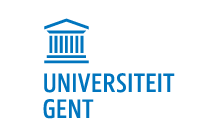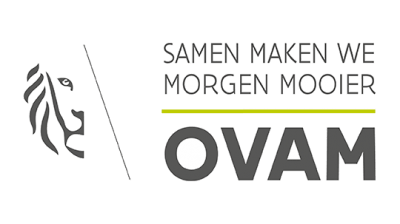Socio-economic effects for the circular economy policy
The transition to a circular economy is pivotal due to a threatening resource scarcity, provoked by a mostly linear system where production is based on consumption. As the circular economy is considered to be an important leverage for the climate transition, the governments are keen on initiating and stimulating the transition to such a circular economy. But this transition is not easy. There is a need for more knowledge on the market effects of the implementation of different policy instruments to promote the circular economy (for example, taxes, subsidies, norms, extended producer responsibility, knowledge sharing, labels, circular procurement, ...). For example, the tightening of the recycled content standards (as proposed by the EU in the Green Deal) has immediate consequences for the demand fo recycled (+) and primary (-) materials and, consequently, for the price setting on the markets. In addition, this will lead to more supply of recycled material leading to additional effects throughout the whole supply chain, including the production, use and end-of-life phase. To be able to systematically analyze the interaction of markets that are connected through product and material supply chains, numerical simulation models are currently the best performing instruments for ex ante analysis. Besides, the transition to a circular economy will also have large effects on the labour market where both winners and losers will occur, not only in quantities of jobs but also in quality of jobs.
To answer the questions in this cluster, VITO, HIVA and KU Leuven will bundle their powers in a multimethod approach that combines quantitative and qualitative research instruments.

.png)






